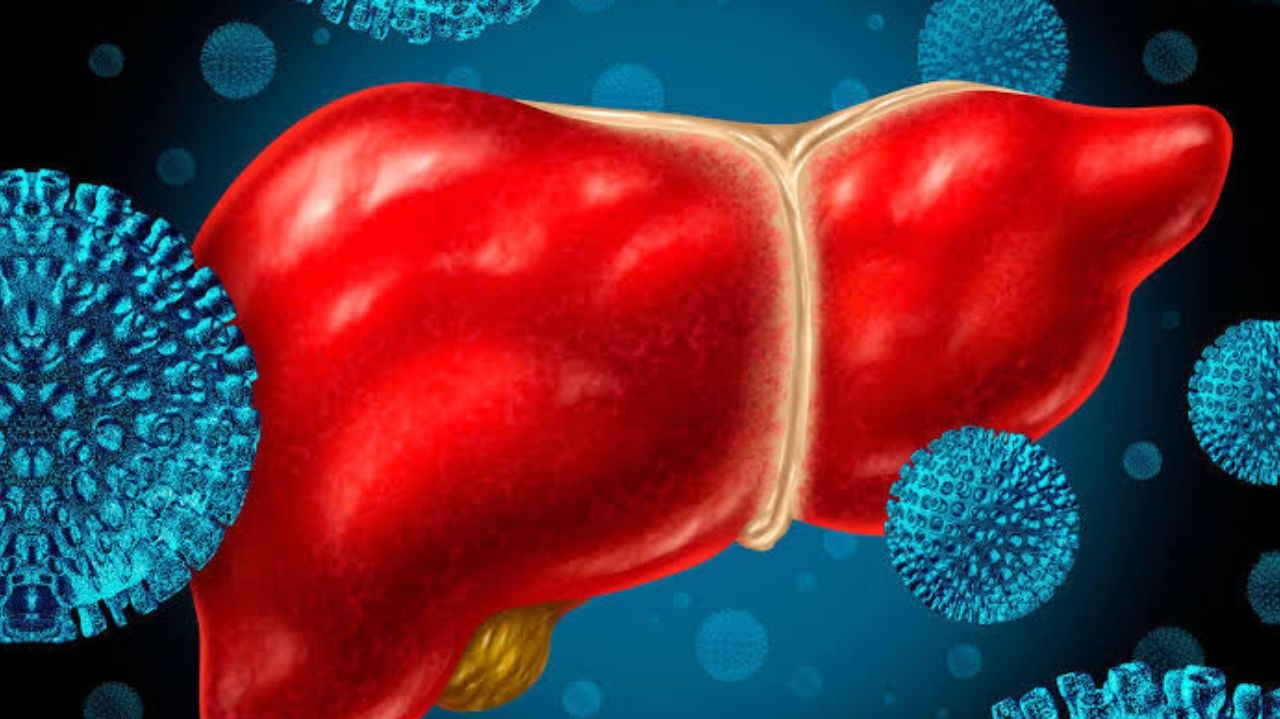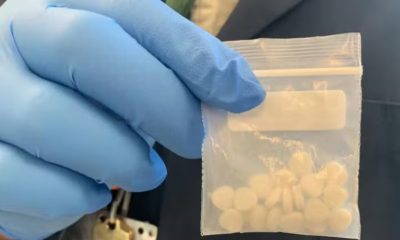
Rattlesnake venom could be a new cancer treatment
Follow Us @
Rattlesnake venom could be a new cancer treatment
Researchers from the Butantan Institute, in collaboration with the University of São Paulo (USP) and the University of Ribeirão Preto (Unaerp), revealed promising results in an innovative study. Research suggests that a specific toxin found in rattlesnake venom, known as crotoxin, has the potential to induce the body's defense cells to fight cancer more effectively.
The study was published in a scientific journal and involved tests with mice that suffered from peritoneal cancer. Professor Priscila Andrade Ranéia Silva, from Unaerp, one of the researchers involved, explained that the experiment was conducted both on animals and on cells grown in the laboratory. The objective was to observe how crotoxin would affect the body in the fight against cancer cells.
Embed from Getty Images”>Embed from Getty Images
Butantan Institute in partnership with USP and Unaerp are responsible for the research (Photo: reproduction/Azman Jaka/GettyImages Embed)
Promising evidence
Mice were divided into two main groups during the tests: a healthy group and another with liquid tumors in the abdominal region. The cancer group was subdivided into three, receiving different treatments: a control with saline solution, one with a low dose of crotoxin and another with a higher dose. The healthy group underwent the same procedures to compare the effects of the toxin on bodies without the presence of cancer.
Crotoxin proved effective in activating the immune system of mice to fight tumors. Scientists are optimistic that this discovery could provide a sustainable and long-lasting anti-tumor immune response.
Scientists monitored cancer-stricken mice treated with the poison. Those who received lower doses had a significant increase in M1 macrophages, essential cells in the fight against tumors. This 60% prevalence is comparable to that in healthy mice, indicating the effectiveness of the venom in maintaining a robust immune system even in the presence of cancer.
The group that received the lowest dose of the poison achieved a 27% reduction in tumor volume. There was also a decrease in the number of cancer cells and an increase in leukocytes, further strengthening the body's defense.
The research also revealed that the lowest dose of the venom increased the production of nitric oxide, a compound that contributes to the elimination of tumor cells, by 35%. This result was not observed in animals that received higher doses.
Next steps
Researcher Priscila and her team are cautiously optimistic about the results. Before moving forward to human trials, they plan to investigate possible side effects and validate the effects in other experimental models. Safety and efficacy are priorities before considering clinical applications.
Initial results are encouraging and point to a potential anti-inflammatory and modulating treatment that could revolutionize cancer therapy. Still, science moves forward with calculated steps, ensuring that each discovery is safe and effective for future generations.
Featured photo: Rattlesnake snake has toxins in its venom that can help treat cancer (Reproduction/Michael Svoboda/GettyImages Embed)
Rattlesnake venom could be a new cancer treatment
Follow AFRILATEST on Google News and receive alerts for the main news about celebrities, soap operas, series, entertainment and more!
SHARE POST AND EARN REWARDS:
Join our Audience reward campaign and make money reading articles, shares, likes and comment >> Join reward Program
FIRST TIME REACTIONS:
Be the first to leave us a comment, down the comment section. click allow to follow this topic and get firsthand daily updates.
JOIN US ON OUR SOCIAL MEDIA: << FACEBOOK >> | << WHATSAPP >> | << TELEGRAM >> | << TWITTER >
#Rattlesnake #venom #cancer #treatment
-

 Fashion3 months ago
Fashion3 months agoVogue Arabia cover welcomes Salma Hayek in an interview with Penélope Cruz
-

 Football3 months ago
Football3 months agoVAR points out Diego Costa's offense against the fourth referee
-

 USA today entertainment3 months ago
USA today entertainment3 months agoBeyonce with the single “Break My Soul” leads on Spotify Brazil
-

 Health and Fitness3 months ago
Health and Fitness3 months agoVaccine against the reappearance of skin cancer enters final testing phase
-

 USA today entertainment3 months ago
USA today entertainment3 months agoSZA, Future and DJ Khaled come together in collaboration
-

 News3 months ago
News3 months agoParents of former player Waleswska are pressured by widower to pay rent for the house where they live
-

 USA today entertainment3 months ago
USA today entertainment3 months agoLarissa Luz and Linn da Quebrada enchant at the Multishow Awards with a tribute to Elza Soares.
-

 Good News TV series3 months ago
Good News TV series3 months agoThe shocking reason behind the decision not to show dead characters in The Last Of Us episode revealed













































